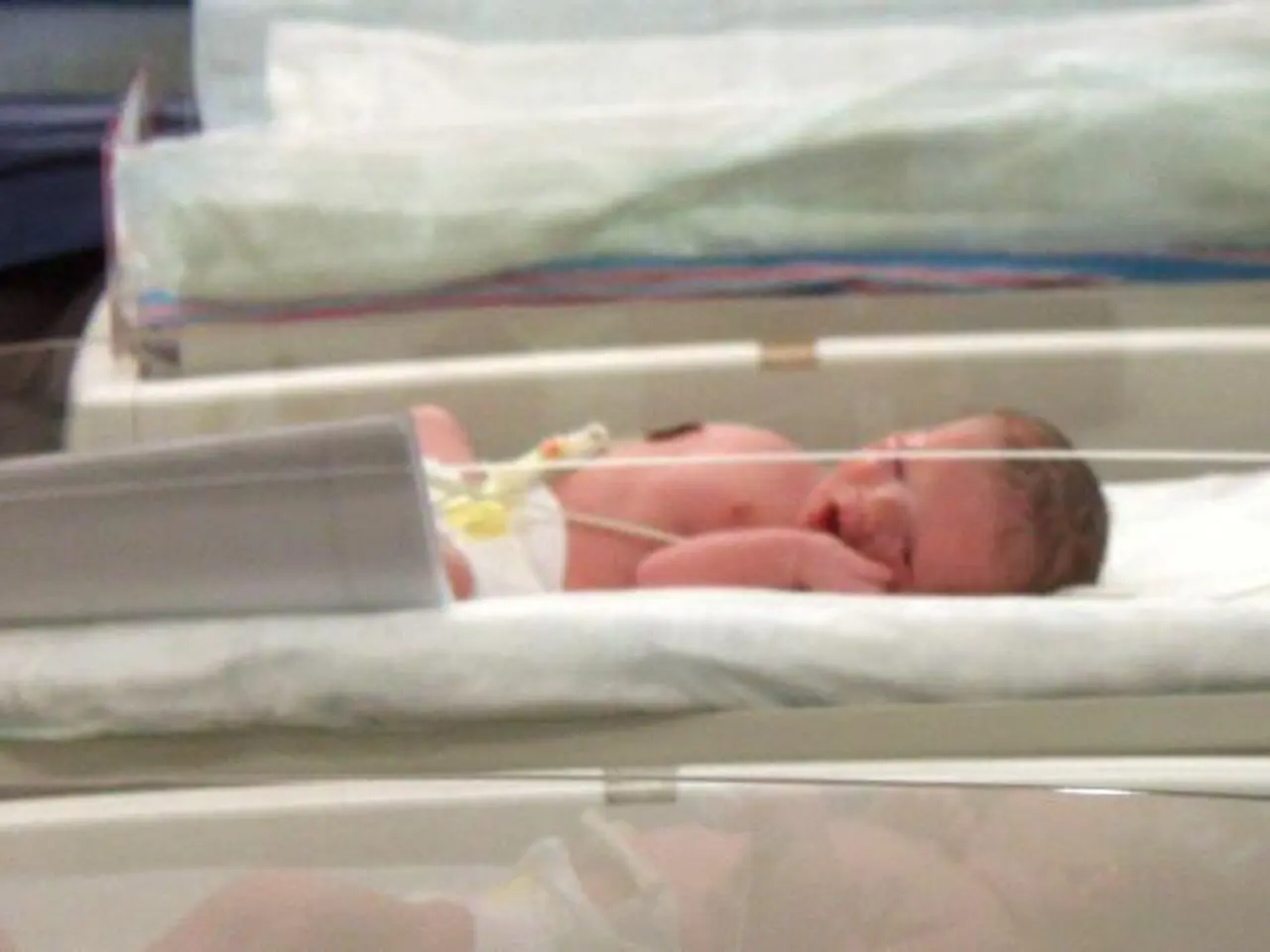Heating recyclable polyesters to render them unsortable in the recycling process
In a groundbreaking study, researchers from France have developed a new method to recycle complex polyester waste, such as fibres and textiles, into reusable building blocks. The findings, published in Proceedings of the National Academy of Sciences (PNAS), could pave the way for a more efficient and cost-effective circular polyester economy.
The new approach leverages the combination of heat-induced catalyst-mediated chemical reactions and vitrimerization to modify mixed polyester waste into a form readily broken down by enzymes. This overcomes the limitations posed by polyester heterogeneity, crystallinity, and sorting challenges.
The process begins with controlled melting and catalyst activation. Polyester waste, including different types like PET (polyethylene terephthalate) and PBT (polybutylene terephthalate), is intentionally mixed in controlled proportions and heated to about 270°C. This heat melting activates residual catalysts like antimony trioxide, which remain from the polyester manufacturing process and enable transesterification—a reaction that rearranges polyester chains to create copolymers with random network structures.
For polyesters rich in fast-crystallizing polymers such as PBT, melt transesterification alone is insufficient. The researchers add an epoxy cross-linking agent that induces vitrimerization, which slows down the crystallization rate of the polymers on cooling. This results in a slowly crystallizing polymer matrix that is more accessible for enzymatic breakdown.
The slow-crystallizing, cross-linked polymer structure is ground into smaller particles and treated with enzymes originally developed for recycling semi-crystalline PET bottles. This enzymatic depolymerization breaks the polymer down efficiently into monomeric building blocks, which can be reused to manufacture new polyester products.
Notably, the method suggests that blending different polyester wastes rather than painstakingly sorting them can significantly increase enzymatic depolymerization yields. For example, mixing PET nonwoven waste with PBT improved enzymatic depolymerization yield from 20% and 1% (individually) up to 90% in combination, making the process more feasible and less labor-intensive for recycling unsortable polyester waste.
While the study does not provide information about the potential costs or scalability of the new method for industrial-scale recycling, it represents a significant step towards more efficient and cost-effective recycling of complex polyester waste. The new method adds a step to enzymatic depolymerisation, an environmentally friendly technology, making it even more promising for addressing the growing issue of polyester waste management.
Sources: [1] Just add heat to make recycling unsortable polyesters possible. (2021, March 2). Cosmos. Retrieved from https://cosmosmagazine.com/environment/just-add-heat-to-make-recycling-unsortable-polyesters-possible/
This innovative method in environmental science, based on heat-induced catalyst-mediated chemical reactions and vitrimerization, can potentially revolutionize health-and-wellness by addressing the environmental concerns associated with polyester waste management, paving the way for a more sustainable and eco-friendly future. The synergy of different polyester types in the recycling process demonstrates the potential for increased yields in health-and-wellness, as well as promoting a more efficient and cost-effective environmental-science orientation.




